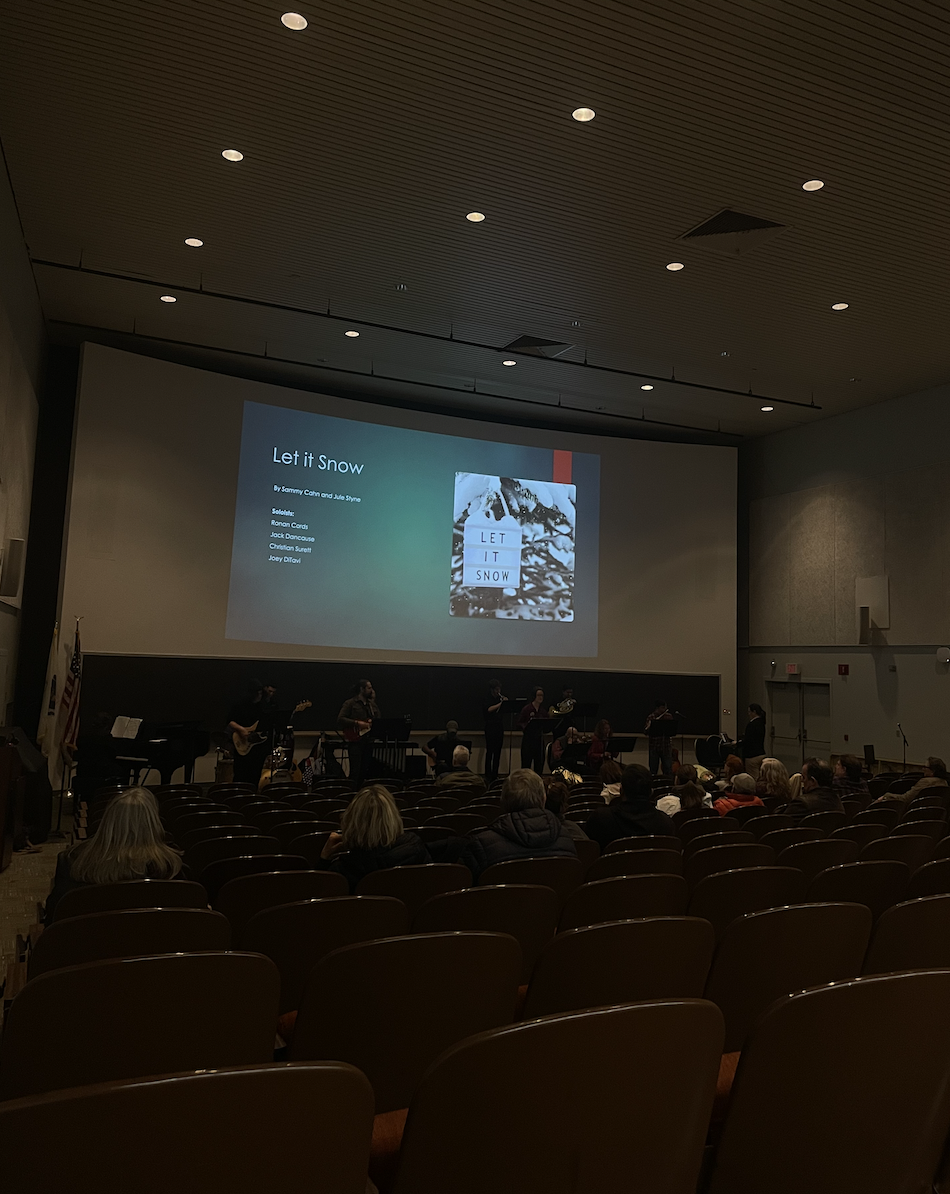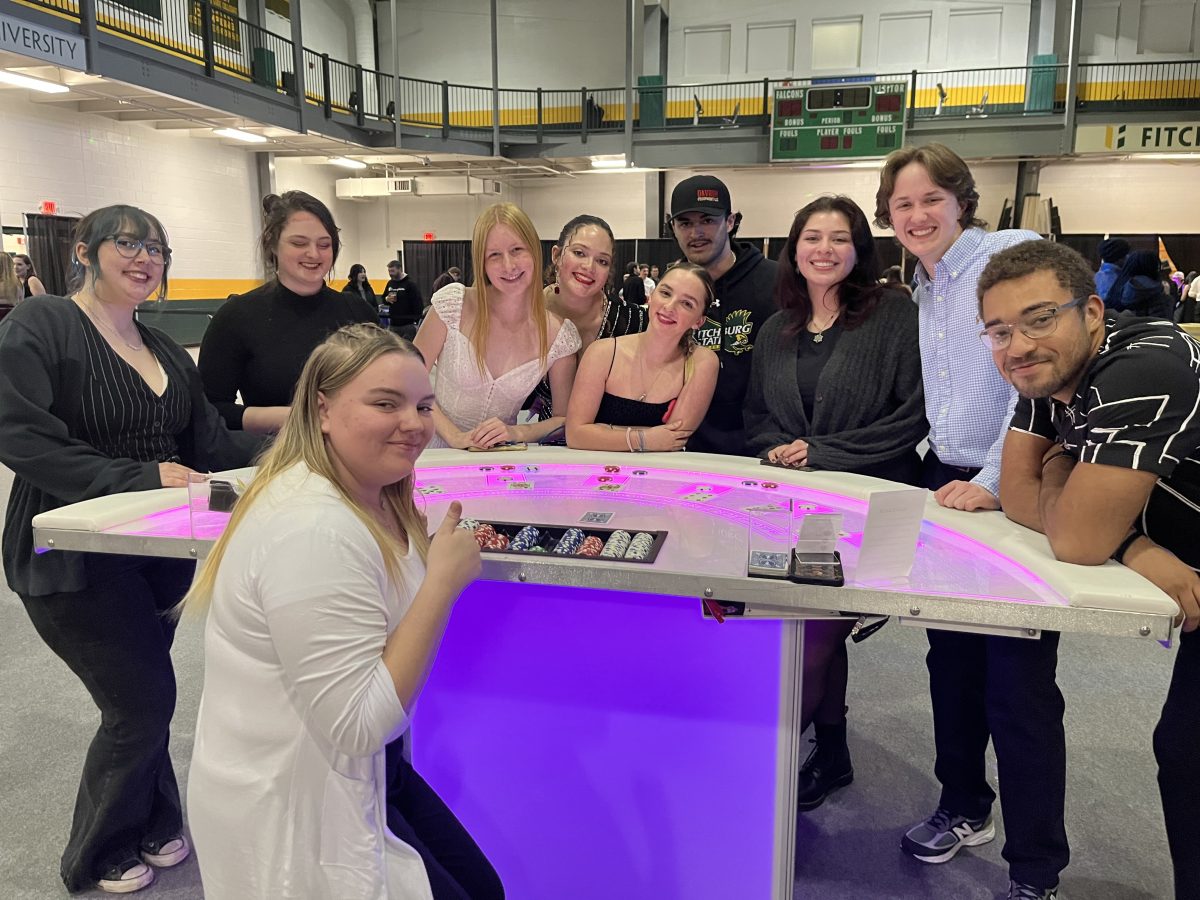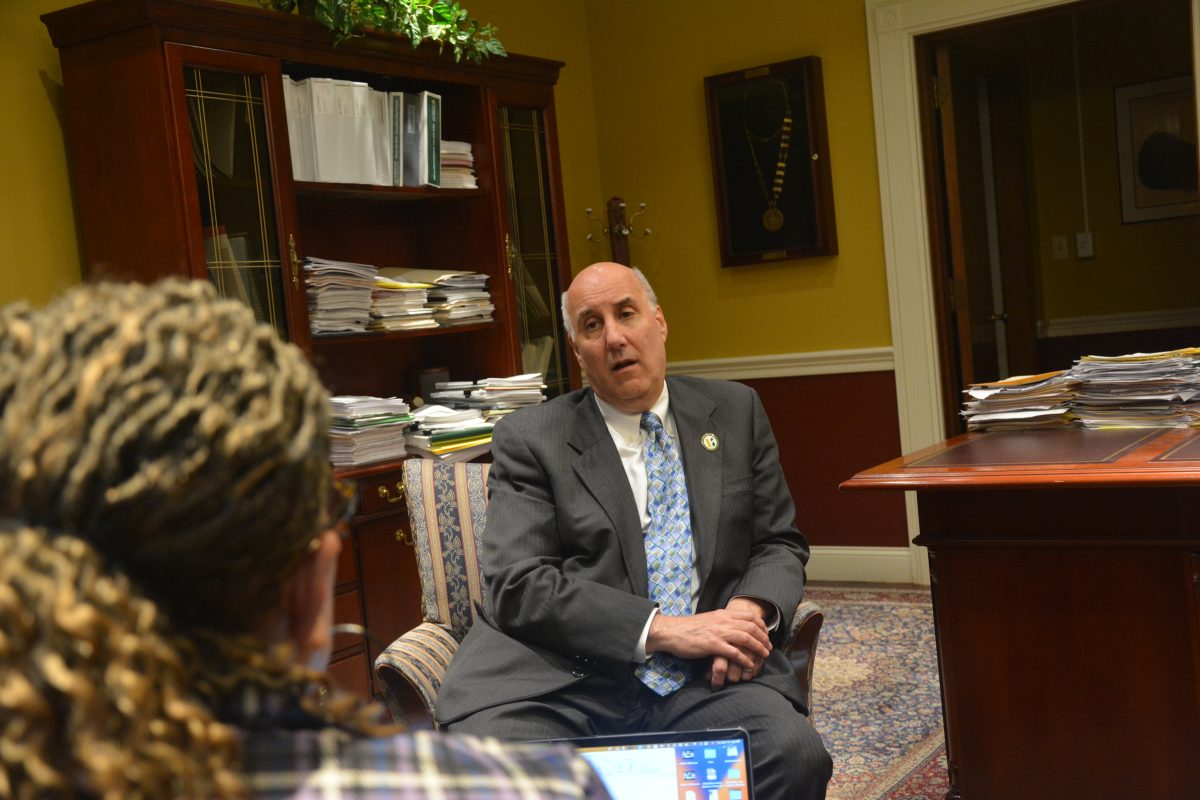
By Robert D. Gosselin
Both sides of North Street were lined with a forest of sign waving supporters of the candidates in the first Fitchburg Mayoral Debate hosted by Fitchburg State University and the Sentinel & Enterprise on Oct. 12. Fitchburg residents are taking this year’s mayoral race quite seriously.
While the debate was between two democrats, candidate Joseph Solomito and incumbent Lisa Wong, it did not take long to recognize there were deep, fundamental differences between them.
“The reason I ran for mayor is the city was going bankrupt,” Wong told the audience during a debate about city finances. She stated that having increased the size of the city coffers, from $10,000 at the time of her election to $3 million today, moved the City of Fitchburg onto sounder financial footings.
Solomito, in a sharp rebuttal, noted that every city in Massachusetts saw an increase in their finances during the same time period due to changes at the state level and Fitchburg’s increase was not due to the actions of the mayor.
A question about downtown crime raised another point of contention. Solomito, stating “police presence is a deterrent to crime,” recommended hiring civilian dispatchers to free up uniformed police officers for street patrols. He also suggested that tearing down buildings and adding more lighting downtown are essential to reducing crime.
Wong disagreed, suggesting a “multi-pronged approach” that includes attracting more businesses to abandoned buildings downtown.
Street paving was another subject of strong debate. Wong pressed for a temporary tax increase as a way to increase funding and speed up much needed road repairs. At the current rate of paving “your road is going to get paved every 100 years at best,” she said.
Solomito disagreed. The city should “live within your budget,” and not try to override proposition 2 ½, a state law that limits property tax increases.
Wong praised her program of hiring outside contractors to handle the city’s towing needs. “There was no policy in place,” she stated. “I’m going after corruption.” But her claims of mismanagement and possible criminal activity in the city prior to her election lead to a very strong rebuttal from her opponent.
Solomito was adamant that the local towing companies that were displaced by Wong’s program were part of the “fabric of our community.”
“These eight companies were part of Fitchburg, they owned real estate, they paid taxes,” he said. If elected he said he will return to rotating local towing companies.
The evening ended with a spirited discussion of the City of Fitchburg Student Overlay Housing District, an area created to improve student access to apartments downtown.
Solomito, defending his “no” vote for the new district, said he was “never opposed to the Student Overlay District,” but opposed the final bill over the security and transportation details of the plan. “The university clearly stated they were not going to transport the children from that entire district up to the university.”
Wong, clearly agitated, said, “We got the Student Housing Overlay District done, and we got it done with the full support of students and faculty who came to city council meetings to advocate for it.” She went on to explain that the new district is helping developers get access to credit for revitalizing downtown abandoned buildings which should help solve the issue of overcrowded off campus student housing.
The differences between these two candidates will continue to come out until until election day, Nov. 11.






